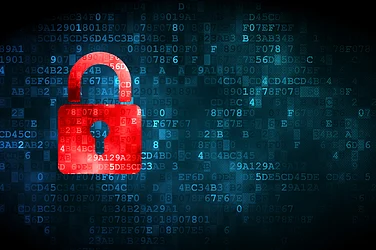During the locked down period due to COVID-19, the Institute of Chartered Accountants of India (‘ICAI’) has taken various measures and initiatives for the guidance of its members in practice enabling them to execute their duties smoothly. In continuation of these measures, Auditing and Assurance Standards Board (‘AASB’) of ICAI has come up with an announcement in respect of use of electronic signatures for signing audit reports and certificates.This announcement has come into force from immediate effect.
In the present circumstances, with the support of technology, majority of the practicing chartered accountants are able to effectively work from home, so are the clients. To ensure that the efforts made by the practicing chartered accountants also result in complete deliverable by way of issue of audit reports, certificates, it is necessary that such documents are properly authenticated by the practicing chartered accountants and all the stakeholders can rely on the same. Generally, as apractice, audit reports and certificates were always signed physically as there was no clarity or ICAI’s announcement/guidelines for use of electronic signatures on the audit reports and certificates.
In the Standard on Auditing (SA)-700 (Revised)- “Forming an Opinion and Reporting on Financial Statements” issued by ICAI, it is mentioned that in some cases, law or regulation may allow for the use of electronic signatures in the auditor’s report.
In the announcement, the ICAI has drawn reference of the provisions of Information Technology Act, 2000 (“IT Act, 2000”) which contains provisions regarding the use of electronic signature for the authentication of electronic records and relevant provisions of Indian Evidence Act, 1872.Considering these provisions, the ICAI has concluded that these Acts permits the use of electronic signature for authentication of various documents.
In view of the above, the ICAI has clarified that the practicing chartered accountants may use the electronic signature for signing (a) audit reports, (b) all reports issued pursuant to any attestation engagement and (c) certificates. However, the practicing chartered accountants have to ensure the compliance with all the requirements relating to signature prescribed in the relevant law or regulation, Standards on Auditing and relevant announcements/clarifications issued by ICAI on the matter including the requirement to mention UDIN.
As specified in the IT Act, 2000, electronic signature technique has to be reliable and Schedule II to the IT Act, 2000 specifies technique and procedure for electronic authentication, these include digital signature which is generally used in acrobat format of files. Further, electronic signature or electronic authentication technique shall be considered as reliable if following conditions prescribed under the IT Act, 2000 are fulfilled:
This announcement will certainly be useful to the practising chartered accountants for duly completing the assignment on timely basis. This also demonstrates that the ICAI is quick to react to the changing times and adopt the use of technology for the benefits of the practicing chartered accountants.
The authors - Milan Mody is Partner, NA Shah Associates LLP and Samir Parmar is Manager, N A Shah Associates LLP


























